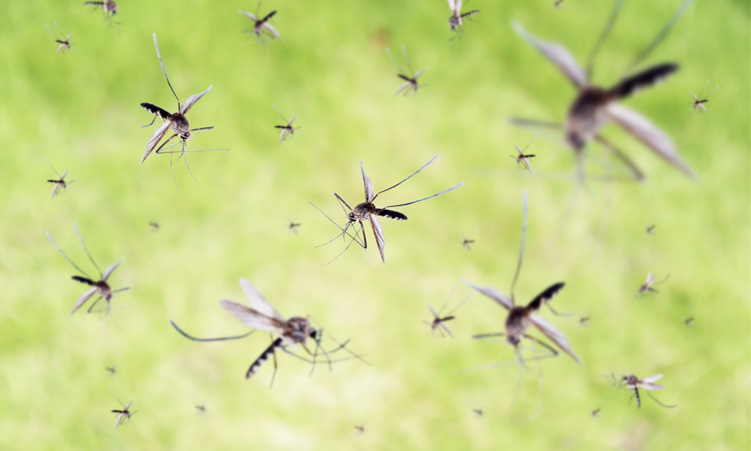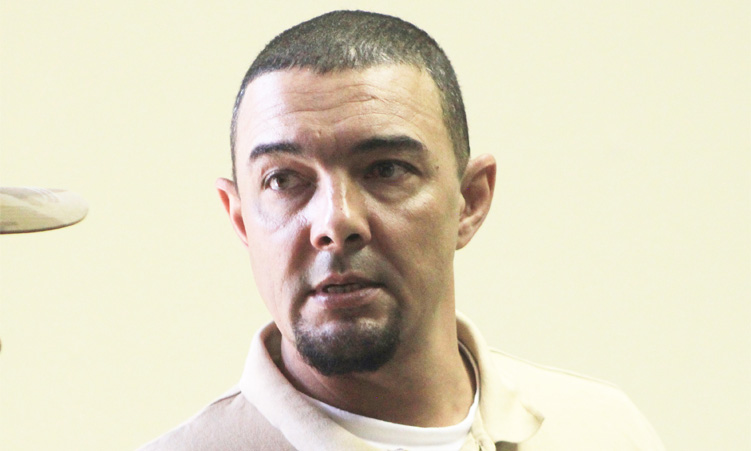EVEN though fish stocks might be in danger, the impact of climate change on Namibia’s fisheries will only become clear over the long term, said researchers at a Climate Change Seminar at Walvis Bay yesterday.
In his presentation on the effects of climate change on the Benguela ecosystem and the local fishing industry, Chris Bartholomae of the Ministry of Fisheries said fish species on which the local fishing industry depend could die out within the next 100 years if seawater temperatures continue to rise. According to Bartholomae, climate change might not cause the industry to collapse, but it may have to adapt to new conditions. He however admitted that the impacts on Namibia’s fish stocks are not visible yet and it is too early to ‘blame anything on climate change’, although more frequent Benguela Niño occurrences are being recorded.’Constant monitoring and research on a much broader time and space scale is necessary to properly evaluate the possible impacts and the expected response,’ he said. ‘This is just a general hypothesis.’Namibia’s fishing industry is dependent on the cold, wind-driven Benguela ecosystem that stretches along the coast. The most important fish stocks are hake, horse mackerel and pilchard. The Benguela’s main ‘engine’ is the predominant south wind, which causes an upwelling of nutritious water. The wind is caused by an Atlantic high-pressure system and a low-pressure system on the sub-continent. Rising global temperatures could affect the two systems, causing them to move further south and bring about a Benguela Niño effect, which causes warmer, tropical waters to penetrate the Benguela’s region from the north. The current marine ecosystem is especially adapted to the cold Benguela current, so a warming up of the current may bring about a prevalence of tropical fish stocks. The seminar was hosted by the Ministry of Agriculture, Water and Forestry and attended by specialists from across Africa. The seminar looked at how industries sensitive to climate, such as agriculture and fisheries, could mitigate the effects of climate change and adapt to it.
adam@namibian.com.na
Stay informed with The Namibian – your source for credible journalism. Get in-depth reporting and opinions for
only N$85 a month. Invest in journalism, invest in democracy –
Subscribe Now!









